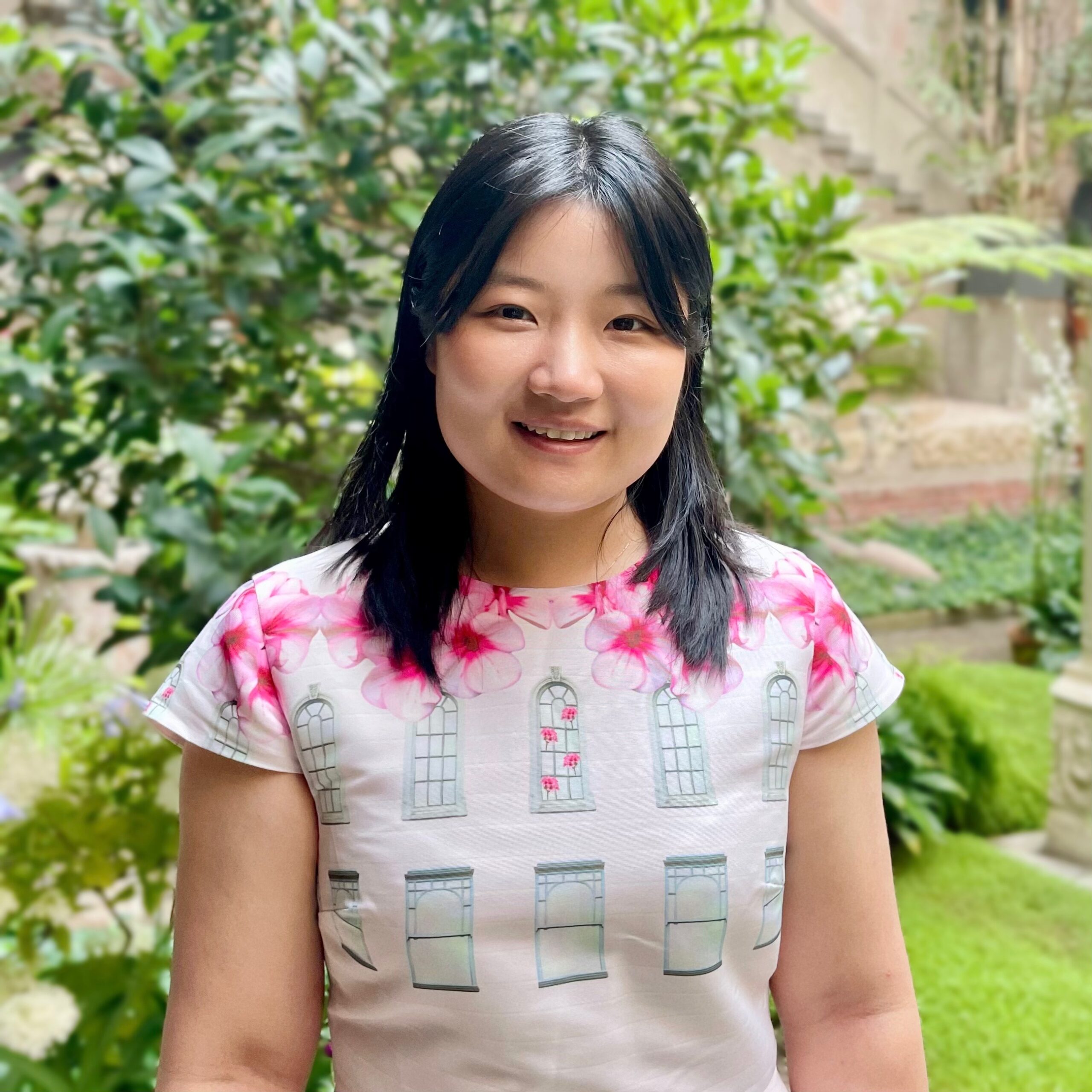Monday, November 25, 2024
Longy student Robyn Xu (MM ’25) has firsthand experience navigating the complexities of CPT, OPT, and higher education as an international student studying on an F-1 visa.
At Longy, supporting international students in their transition to graduate school is a core part of our mission of fostering an inclusive, welcoming community of music-makers.

Robyn Xu
From networking to understanding visa requirements, Xu offers valuable advice for international students embarking on similar journeys, highlighting the importance of planning, flexibility, and community in successfully navigating the academic and professional worlds.
—
- What CPT opportunities have you taken advantage of? How did you find them?
My first major professional gig in New England—a solo cantata premiere with well-established musicians—was made possible through a recommendation from one of my teachers. It was an invaluable experience, highlighting the importance of cultivating strong relationships in our field.
Social media has also been a surprising source of opportunities. I keep in touch with colleagues and friends on platforms like Facebook and Instagram, and a lot of gigs have come from casual conversations, commenting on a post, or offering to help with a project. I also joined gig-posting groups, where I sent my resume even if the position was already filled.
I’ve also used sites like Indeed and LinkedIn to look for jobs, keeping my resume and a flexible cover letter ready so I can tailor them quickly for each application.
Understanding Longy’s CPT process, making sure I was authorized to work, and getting my Social Security number sorted out early made everything smoother.
- What advice do you have for graduating international students regarding OPT?
File your OPT application at least two months in advance to account for any processing delays.
I also view OPT as a natural extension of CPT, so actively seeking job opportunities while still in school can be incredibly helpful. Building relationships with potential employers, gaining experience through internships or part-time roles, and maintaining a strong professional network can set you up for success once your OPT begins.
When job-hunting, focus on roles that align with your long-term goals and skills while ensuring they meet OPT eligibility requirements. Keep track of your OPT start and end dates to stay on top of your timelines, and explore resources like your school’s career center, alumni networks, and professional organizations.
Lastly, always keep copies of your documentation, including your I-20, employment offer letters, and other important paperwork, as these may be needed for future applications.
- How have you navigated the expenses of living in Boston? What tricks have you been able to employ to thrive as a student and community member here?
Boston isn’t cheap—no surprise there! When I started working here, I taught a couple of students through an online network, then started taking one-time gigs. Those helped me meet people, and over time, I built up more regular work.
I’ve also learned to be ready for last-minute opportunities. If someone needs a pianist or harpsichordist on short notice, I quickly check if the music is doable and confirm all the details—where, when, and who I’ll be working with. Saying yes to these gigs has helped me grow my network and skills.
To keep living costs down, I share housing with roommates, take public transit everywhere, and take advantage of student discounts and income-eligibility programs around Boston. Beyond saving money, staying flexible and resourceful has helped me feel more connected to the city and its community.
- What strategies did you use to balance part-time training with full-time study?
Balancing work and school is tough, but I’ve found that planning makes all the difference. Before each semester starts, I map out everything—classes, work, and deadlines. I also leave some wiggle room for surprises because, let’s face it, life doesn’t always go as planned.
I’m also a huge fan of calendars. Everything goes in there—due dates, work shifts, even time to relax. I’ve learned it’s okay to say no if I’m overwhelmed. Rest is important, too!
- Is there anything else you think is essential to know as an incoming F-1 graduate student?
Language is a lifelong goal. While speaking with native speakers helps, I believe building a strong foundation in grammar, pronunciation, and vocabulary is key. Once those are solid, communication becomes much smoother.
As musicians, learning music-specific terms in English before grad school is helpful. It lets you engage in classes, collaborate better, and fully immerse yourself in the learning experience.
On a larger level, I’ve found that being open to new experiences—whether it’s different learning tools, new genres of music, or cultural events—can lead to unexpected growth. Grad school is all about stepping outside your comfort zone.
